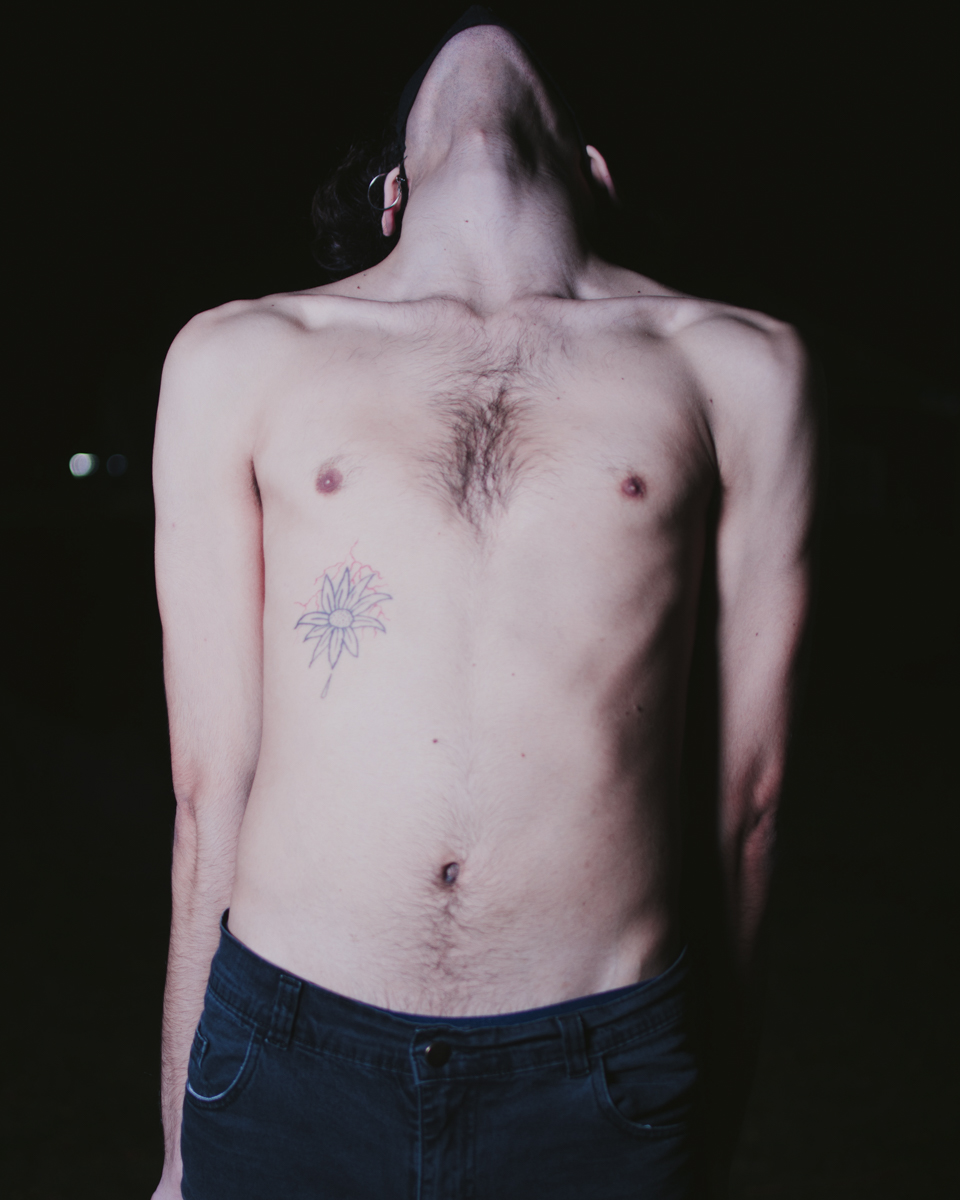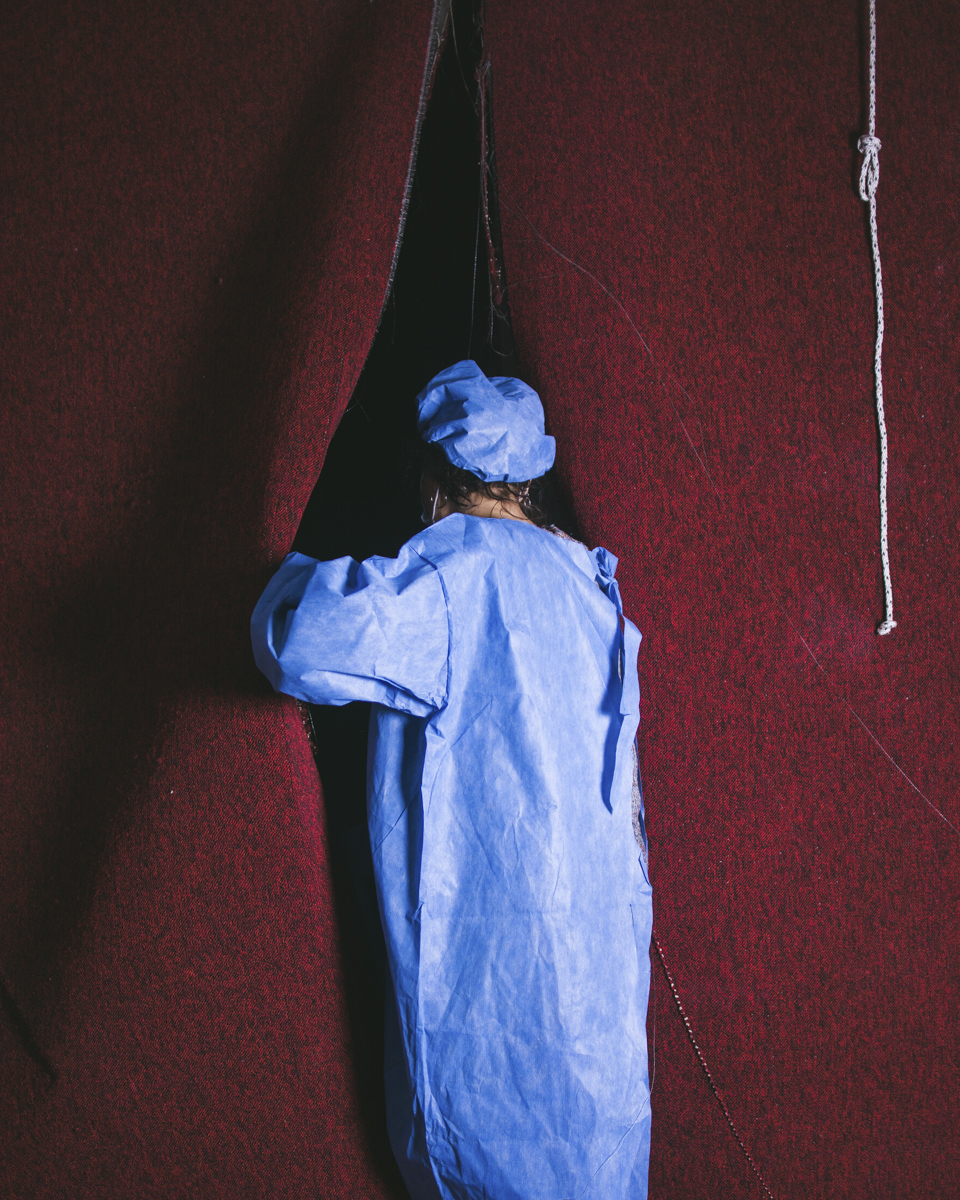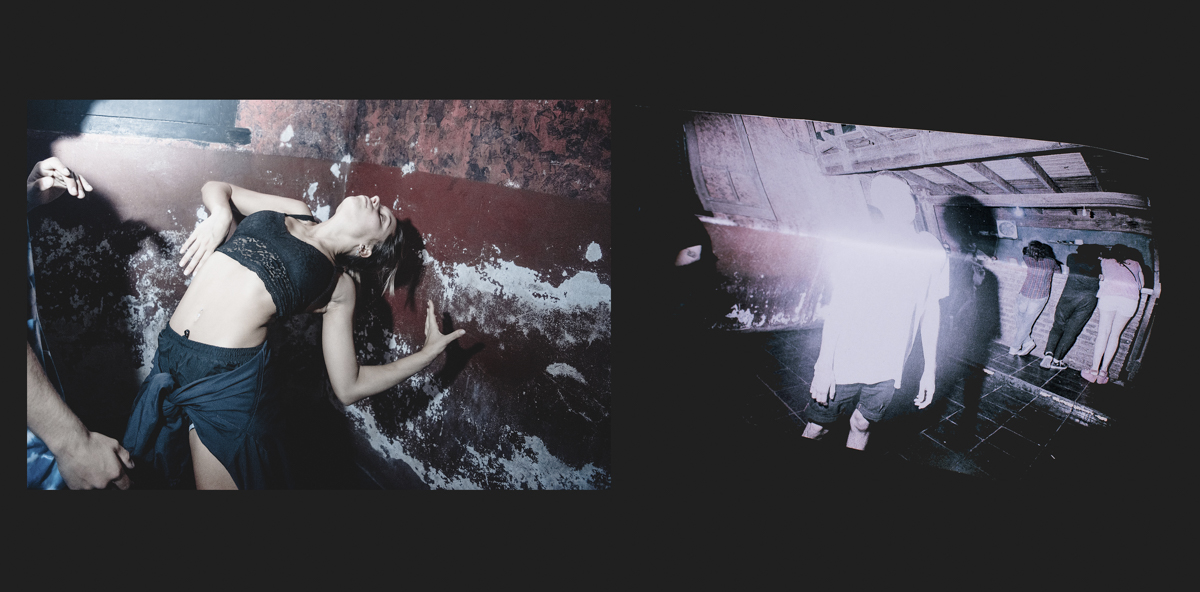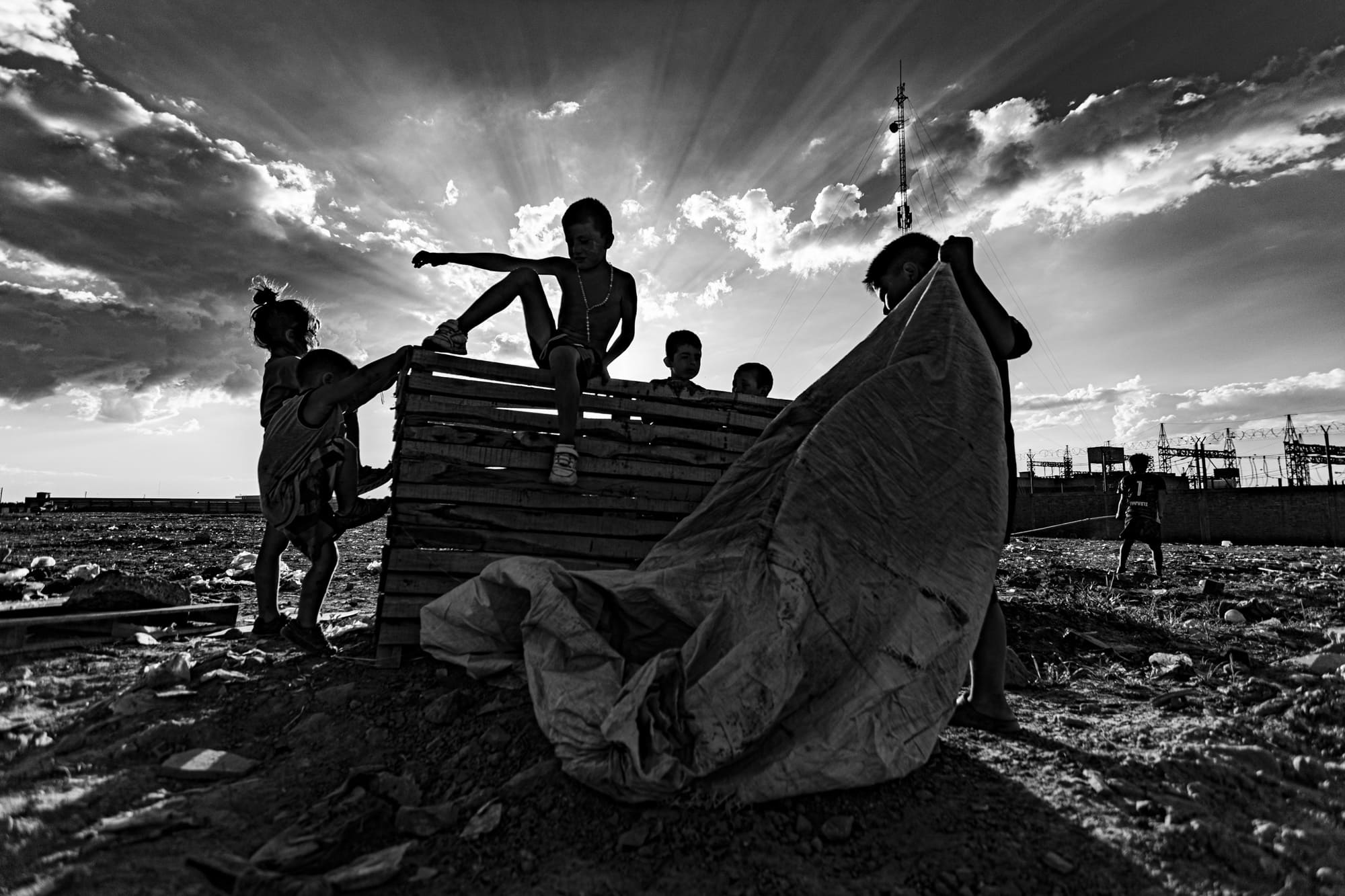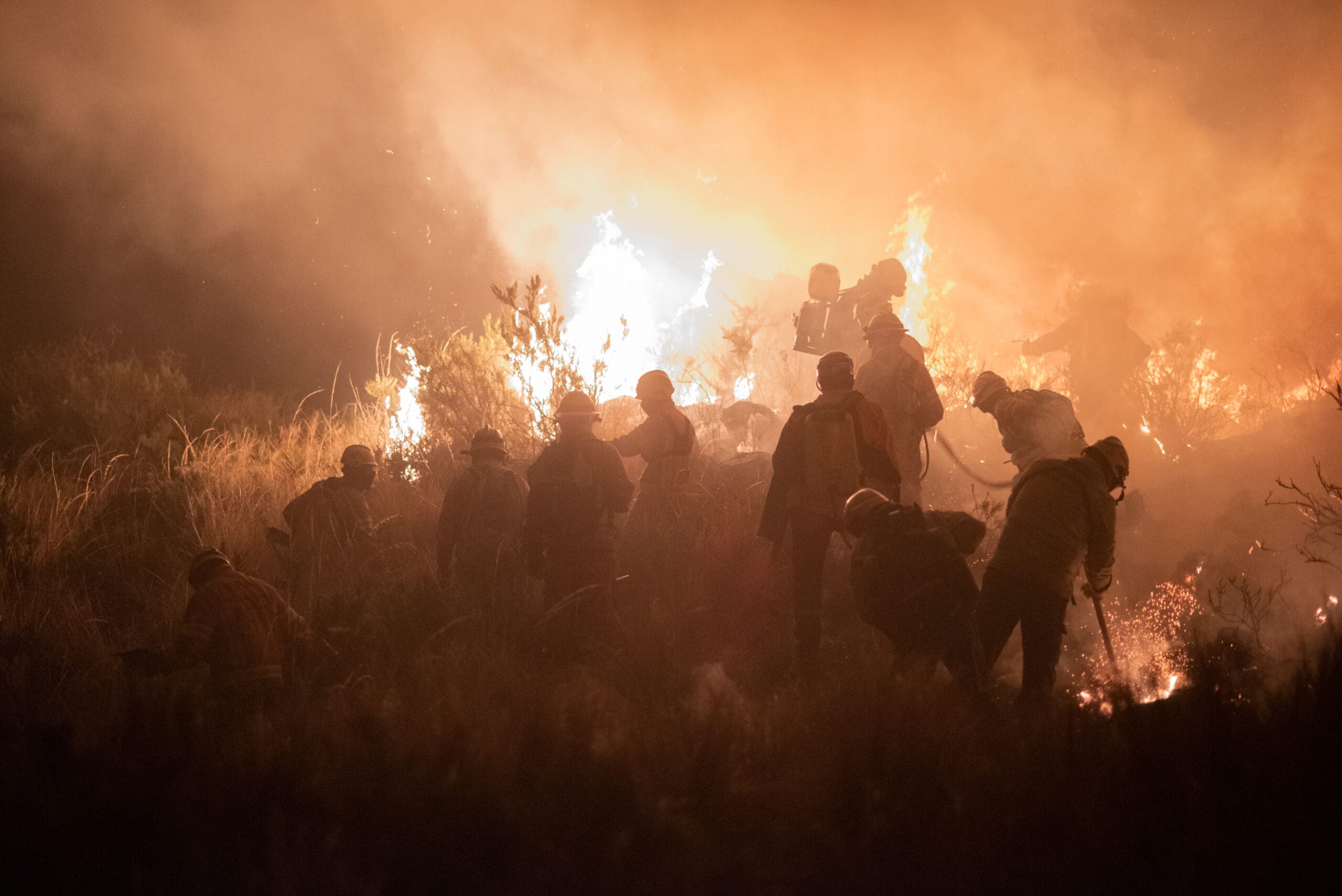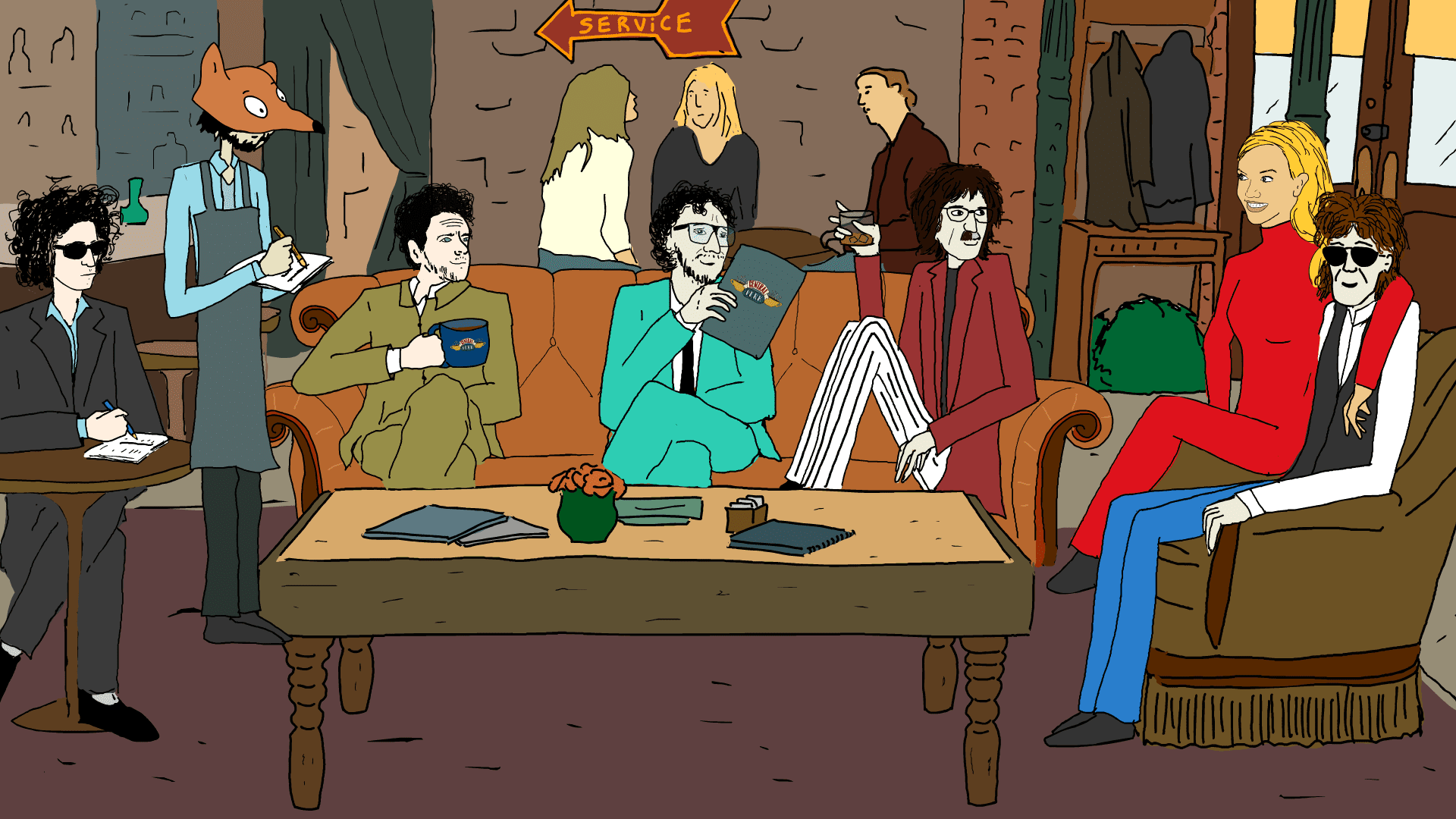The Argentine photographer Luciana Demichelis is 28 years old and lives in La Plata, a city that receives thousands of young people who go to its universities from all over Argentina. She studied Communication and learned that everything in the media is not reality but construction. The revelation came to her during a class, when a teacher said that the danger of being bitten by scorpions is news that is repeated every summer automatically. Why do I trust what I read? Luciana wondered. And she answered herself: “If we could always analyze it from a critical perspective, it would be easier to think about the media: what it does is reproduce stereotypes.”
To escape these stereotypes, she created Freezer, a platform from which she gives workshops: at this moment one of fiction and simulation. Her work as an author revolves around cultural events and nightlife in her city, now crossed by the pandemic. “I tell from a territory super close to me,” she says. She observes her own youth from a paradigm of care and says that, when culture is persecuted and drugs are stigmatized, hiding among friends becomes a safer place.

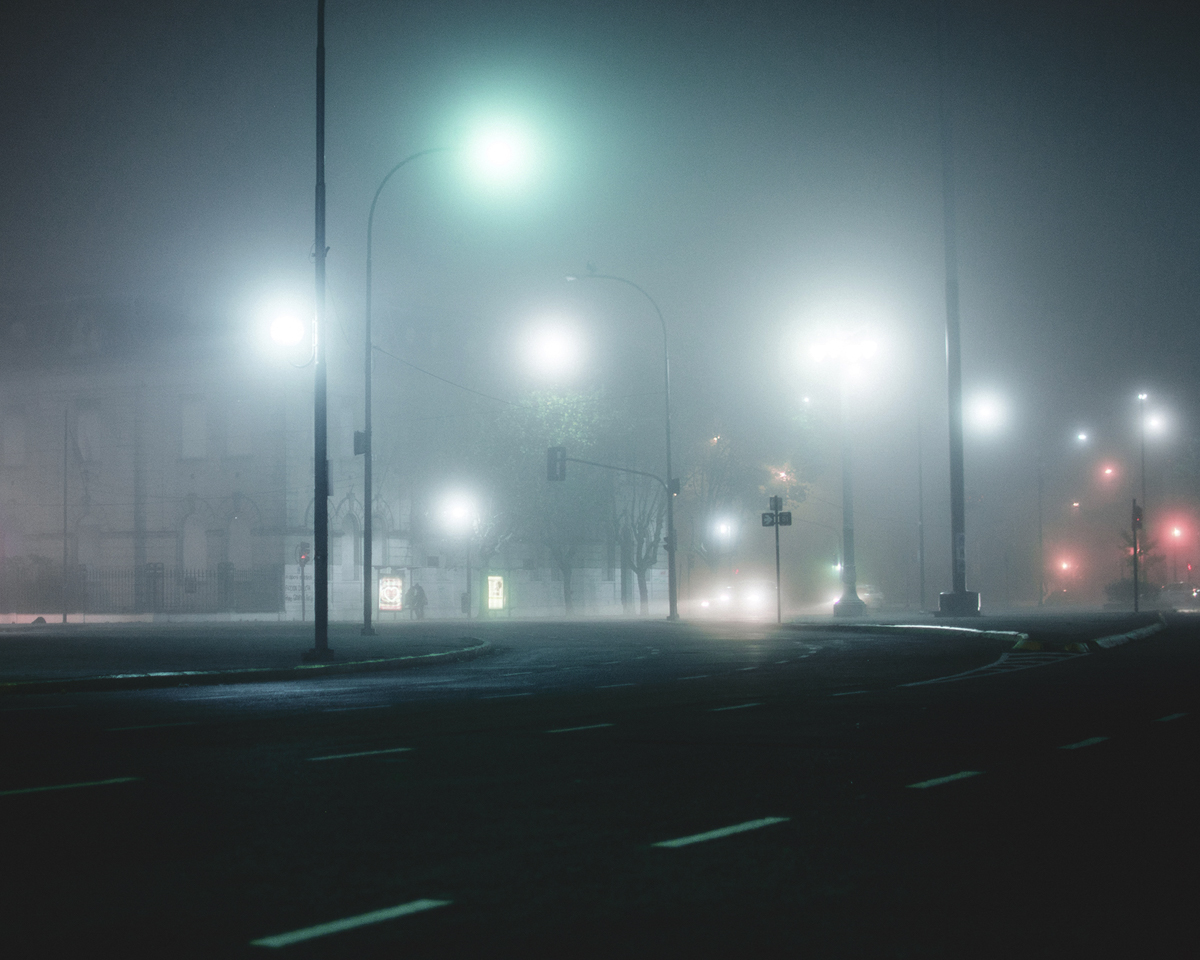

What is this project about?
The theme I work on is being a photographer for the underground scene in La Plata, for cultural events, for electronic pieces. La Plata is a city with a lot of cultural movement, a lot of space to create and I was in three worlds at the same time: communication, cultural events and theater. In the last time I developed different proposals for photography grants and I also did a review of my own file, which we are all doing.
For the Festival Internacional de Fotografía de Valparaíso, I prepared a series of images that feature the young community of my city. In the process, I alternated images from my archive with scenes created from scratch during the days of the festival, built in a pandemic: people on the street, friends in open spaces with social distance, youth, bodies in motion.
Limbo is the strongest word in the project. I imagined a metaphorical and literal limbo, which was set at night in the city of La Plata and the dance floor as a conceptual reference. I thought a limbo in relation to what happens in the pandemic, because of this “no-place” in which we are all immersed: we are not going to any solid place. I associated it with the parties, the place of no place. When you are immersed in a party you are not in a firm space.
There is also a question with the line, the lines. I thought of the book as a literal question: the limbo dance. I exaggerated that literalness and began to form lines that took me to different places: being online and offline, for example. It became complex and it is still a work in progress that we are going to continue developing with the Blackkamera photojournalism grant from the Bilbao school.
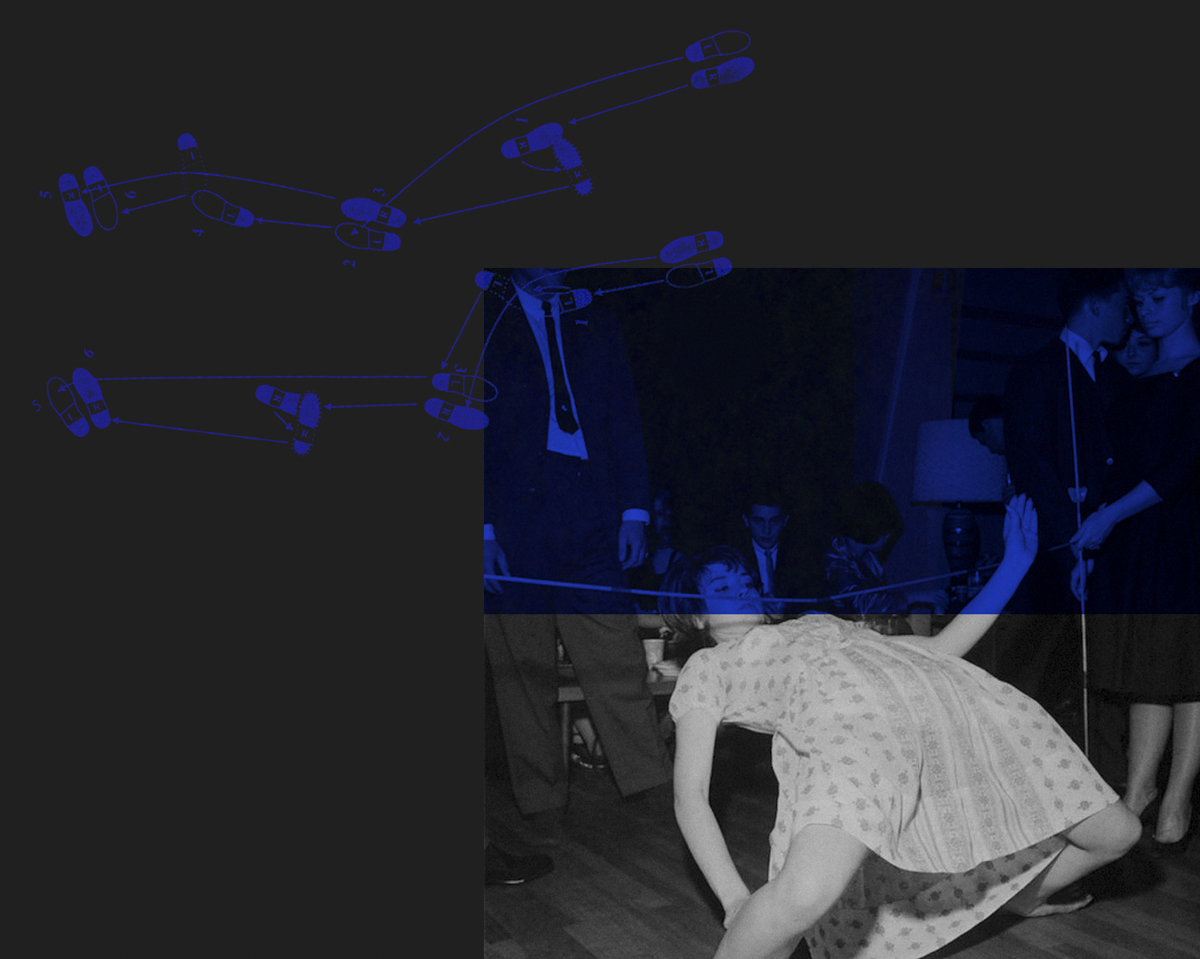
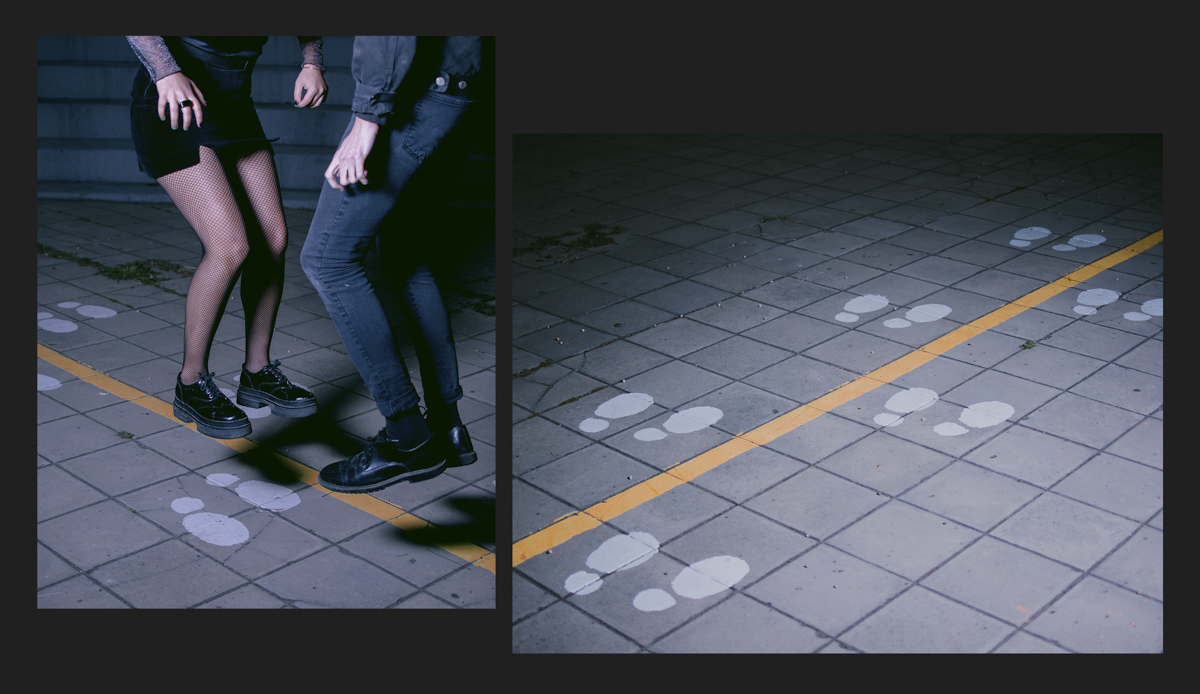
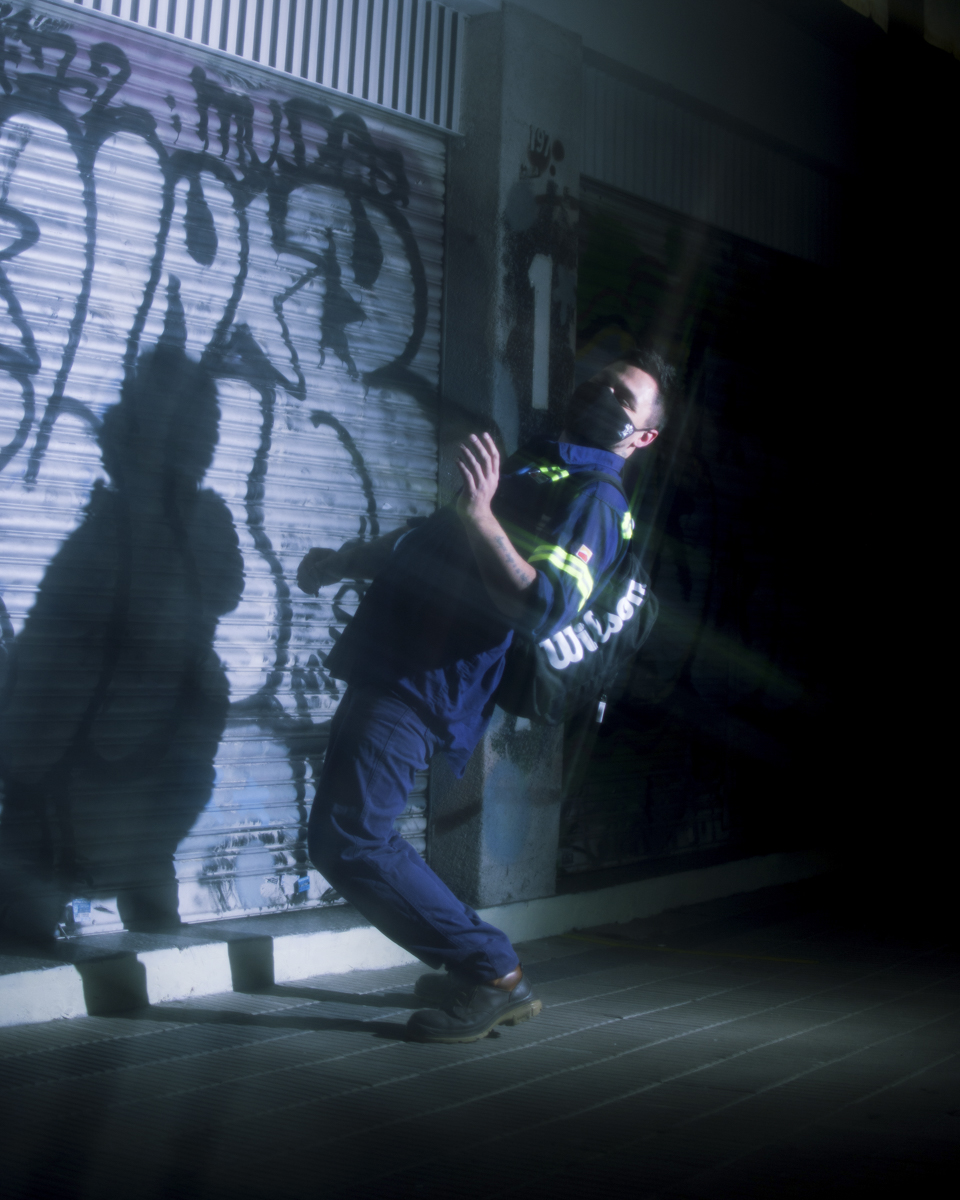
How much does your work talk about the pandemic?
I wanted to think about the imaginary of the pandemic without falling into the common places of hospitals. I used images from files. The photographer Cristina de Middel leads me to think about the imaginary of the nowhere, of limbo, in which we young people are immersed. The pandemic is a subtext because it is the context in which I set up the series project. There are going to be some references.
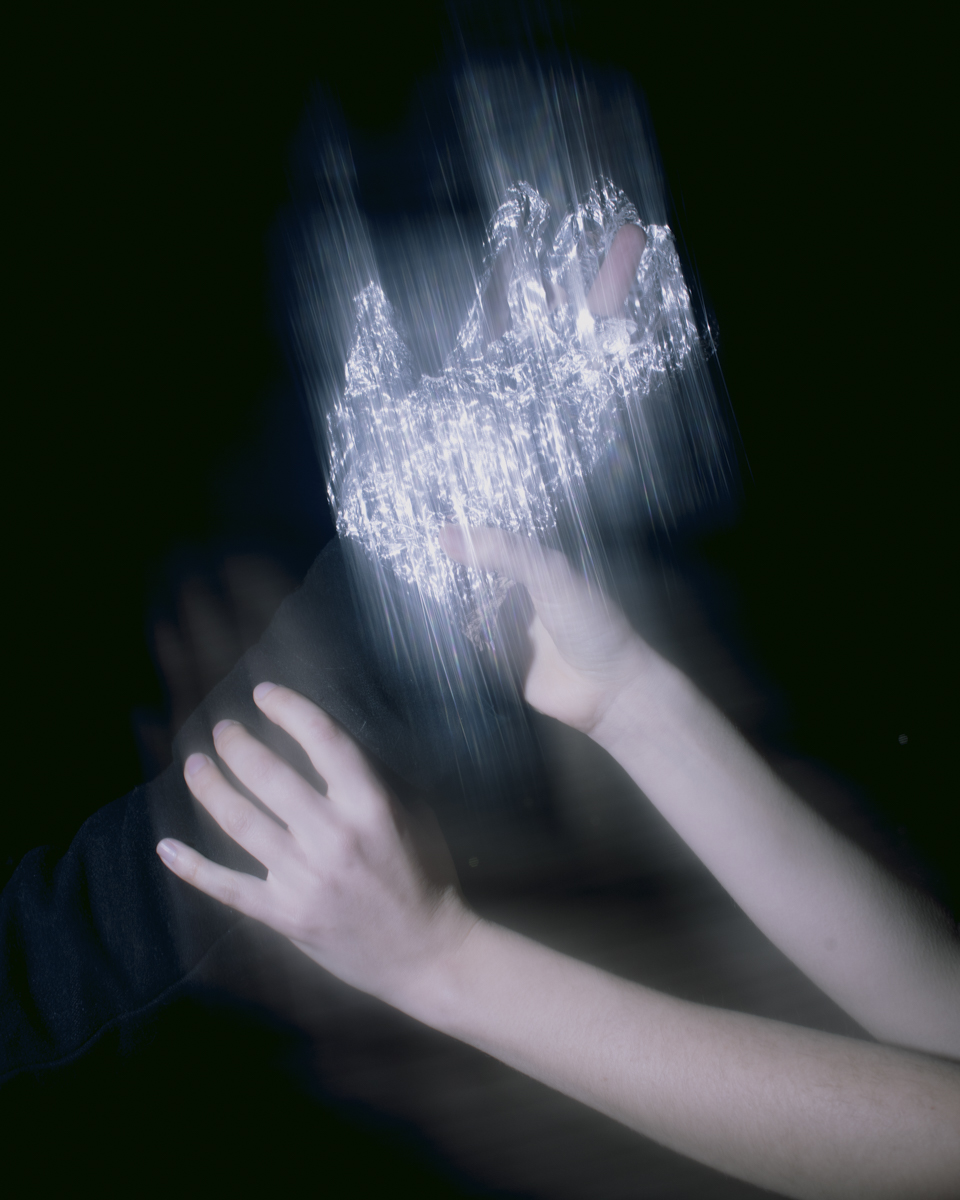
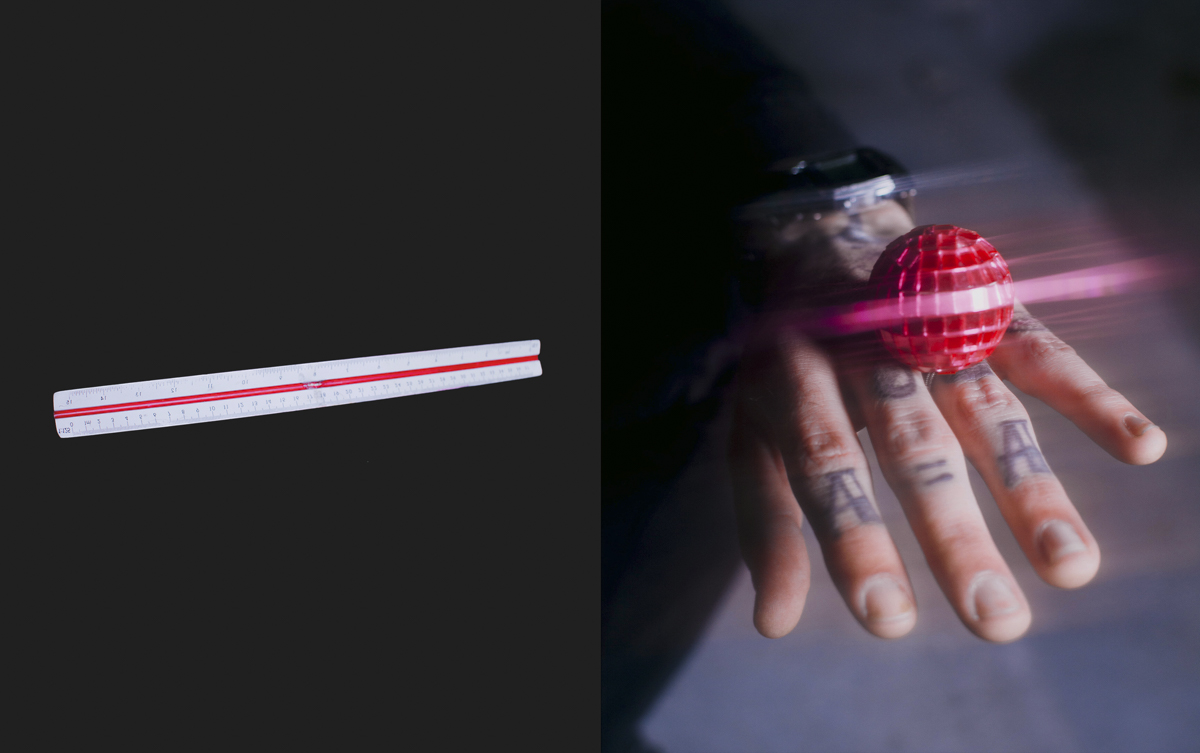

You said that you are interested in rethinking how reality is constructed in the media, why?
I would like to rethink the common places in which they put the youth. I am 28 years old, I want to portray electronic parties, being young, being an student in La Plata. There is an association between hiding and something negative. I think there is also something about the fact that, in that secrecy, youth are a little more comfortable. Going to an organized space with your friends, where you feel that they will take care of you is quite common.
Cultural spaces in La Plata are persecuted municipally and during the years of macrismo [government in Argentina between 2015 and 2019] it was decadent: there was a systematic persecution of certain cultural spaces.
There is an imaginary of youth and pills or drugs, only. It seems to me that my position as an author is to think that this is not the only place to which electronic parties are associated. The party is associated with drugs and drugs with death. I think drugs have to be discussed. I do not want to criminalize or mythologize. There are quite a few more complexities


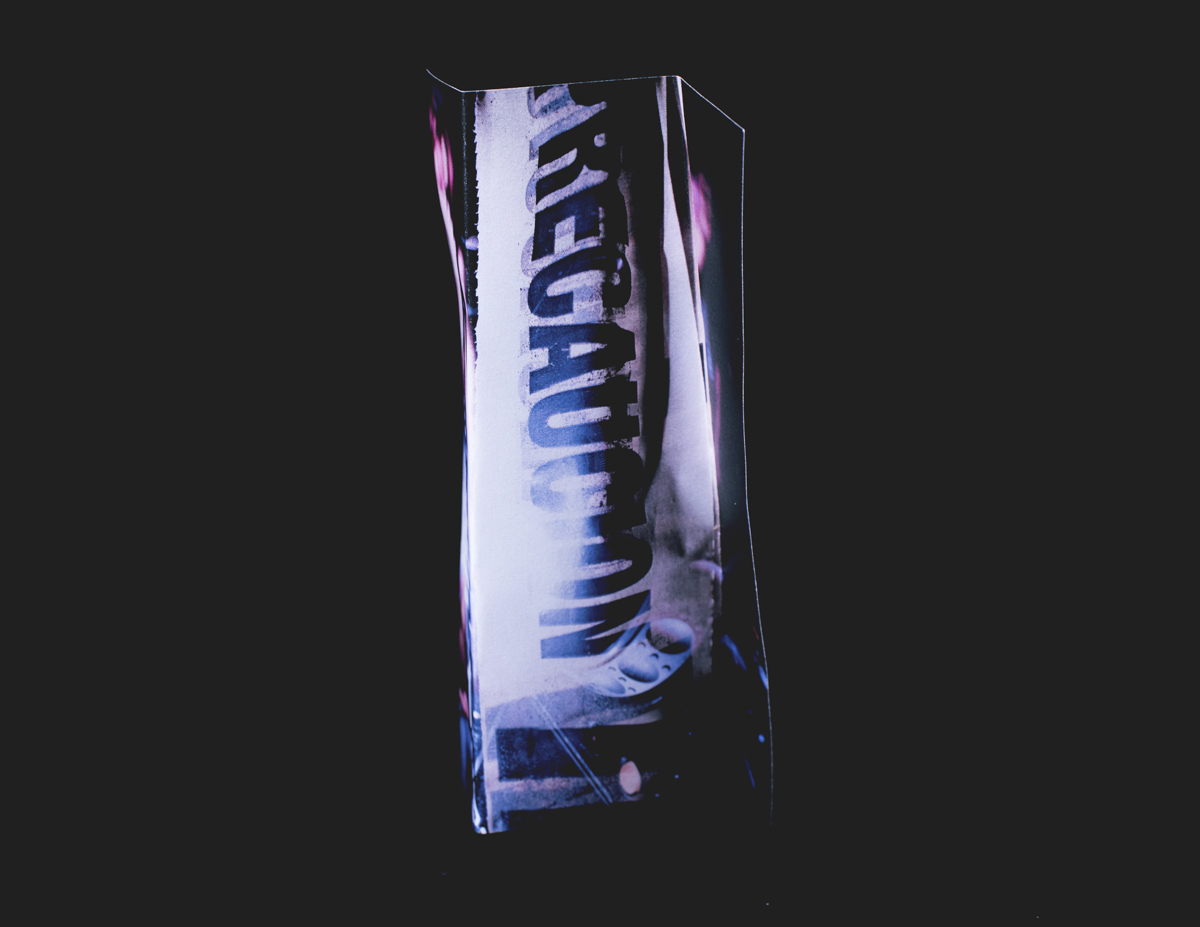
At some point, instead of going to portray a foreign and distant world, you photograph yours…
The imaginary that one has to build a vision of photojournalism by taking angular photos in black and white is no longer valid. I am a woman, there is a search for feminism, there is a lot of fabric to cut. At some point, a project never stops being personal, it has to do with decision making, similar to what happens with written language: everything is a position. In photography you also have to go back to talking about all those decisions that one makes when talking about another.
In my case, what I am doing is talking about my peers, the people around me, people I meet at these parties or events.
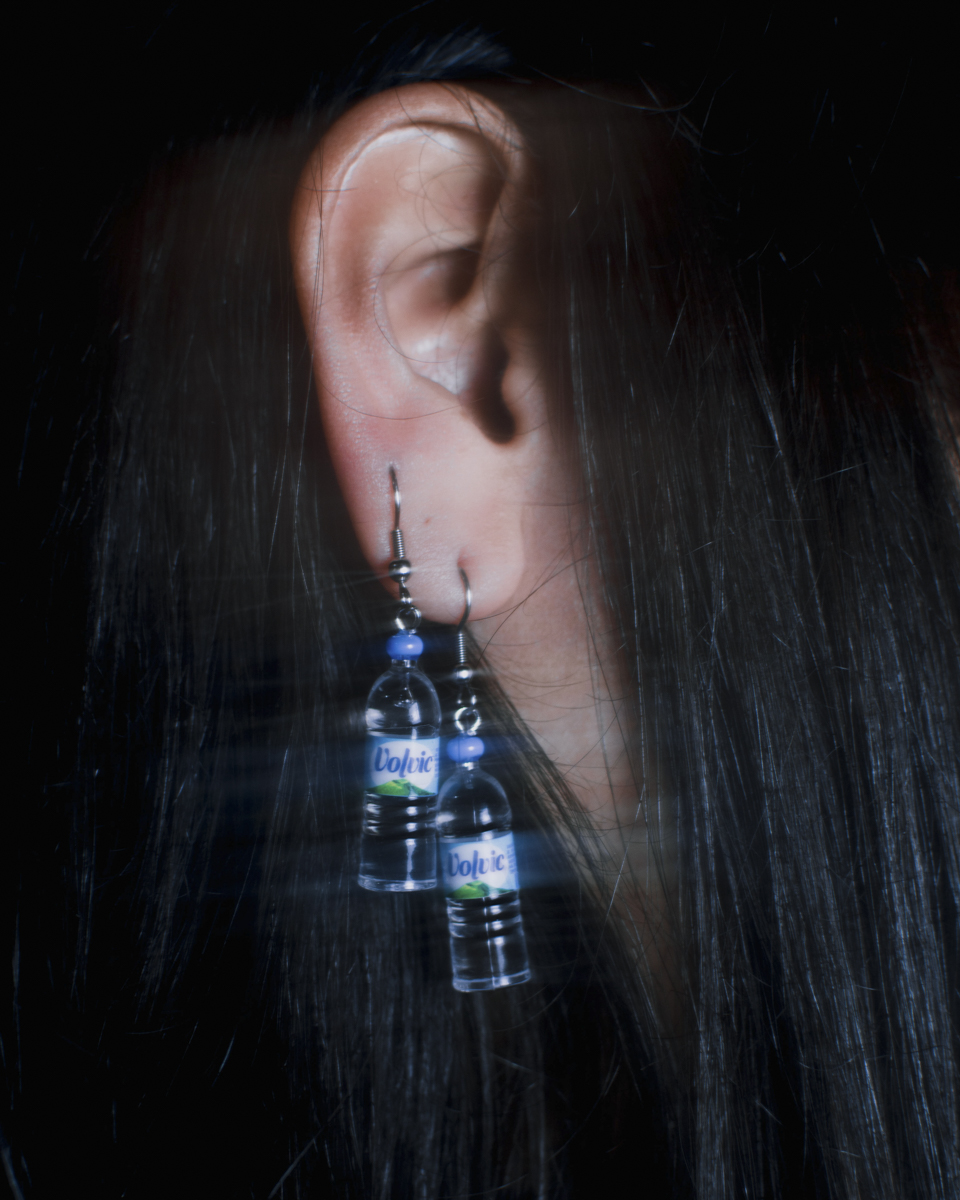
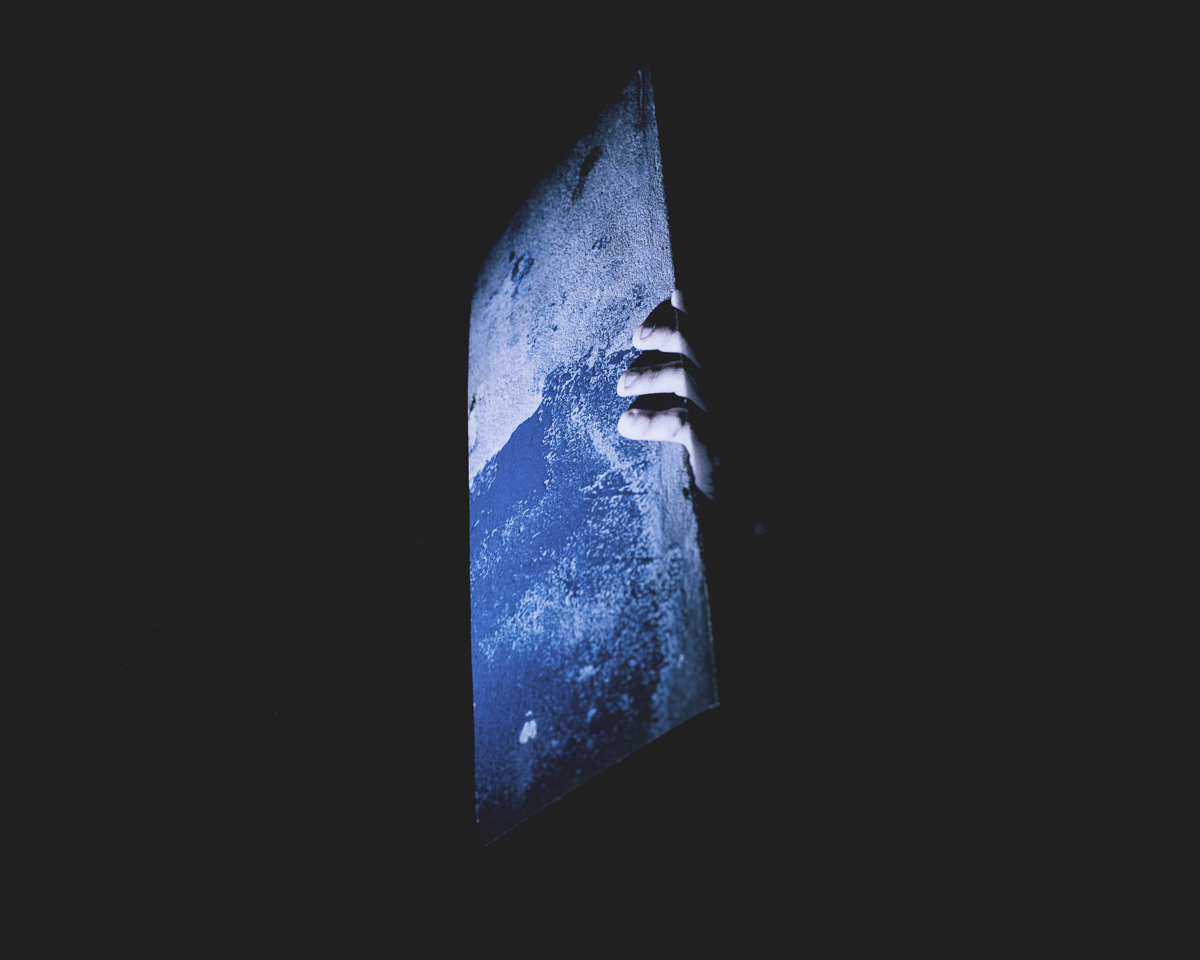
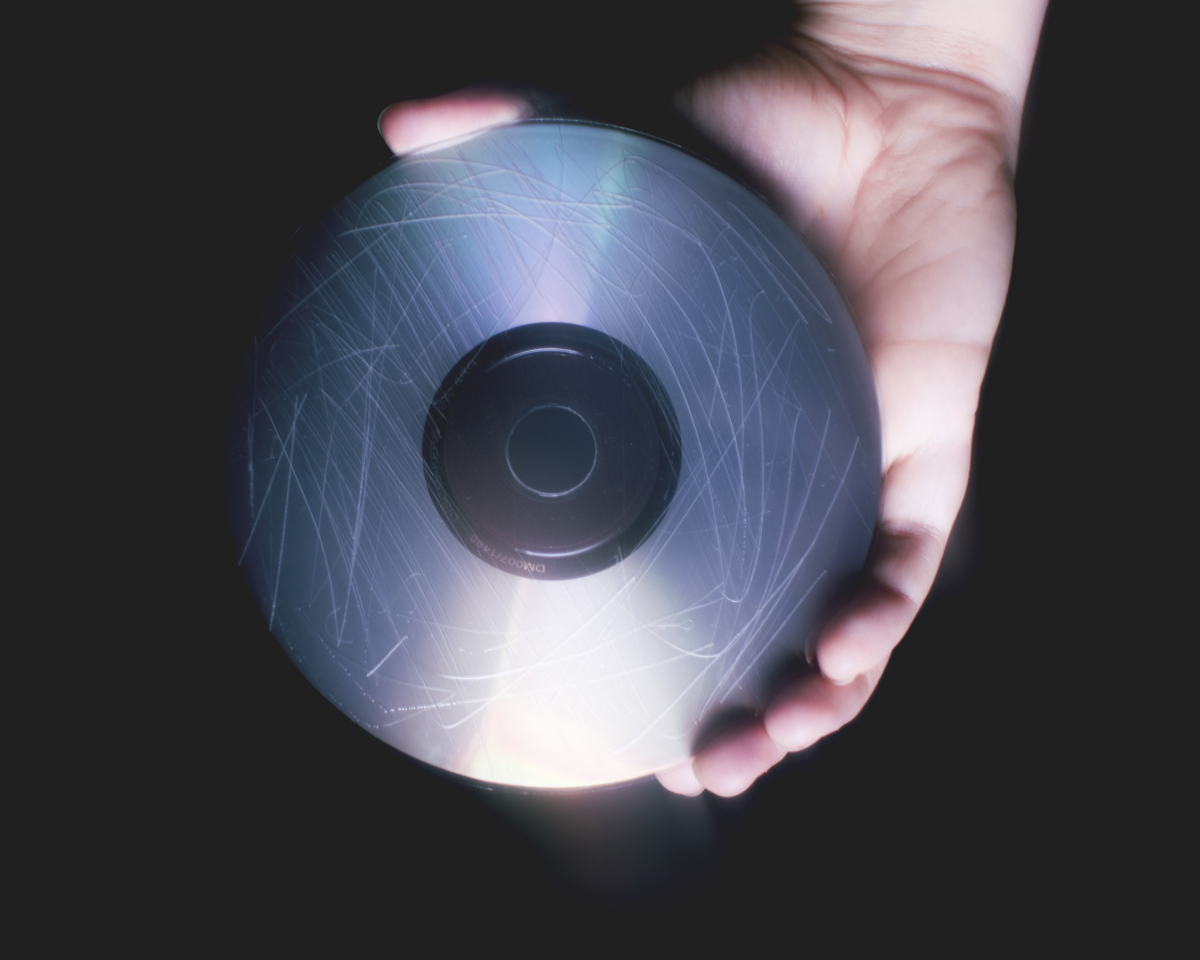
You said that “we have to debate drugs”, how would you put it?
Now I am in a debate about drugs, thinking more about the role of the underground, the prohibitions that make us not even know what is consumed. The police come, we close the parties. We do not want to sanctify or build what the media builds on our events. There are guys who are having a good time listening to electronic music. It is not something anthropological, I do not go and register a person from otherness: they are my peers.
What has to be paramount for the state is to take care of us, not to persecute us. We are college students, we have our careers, we are graduating. Much of the energy that we learn in college is in the staging of the events, in my case in the photos. In short, I think we are in the process of getting to know ourselves better and that also applies to our consumption as young people in general. Criminalizing us all it does is make things worse.
I think the problem is the lack of care towards youth. The only thing that is done is to stigmatize the problems, simplifying them. It seems that if we get the drug out, everything works out. And not. That’s why sometimes we feel more comfortable going to these parties than to an official event where, perhaps, the water is cut off. They have to be cared spaces, some situations are going to happen and you need respect and care, take care of the other.
